The leading cause of death globally, cancer still poses a challenge to the medical community. However, the NHS's recent start of cancer vaccination studies represents a big step forward in the battle against this terrible illness. Using cutting-edge mRNA technology to develop customised cancer vaccinations, this ground-breaking project gives thousands of patients hope.
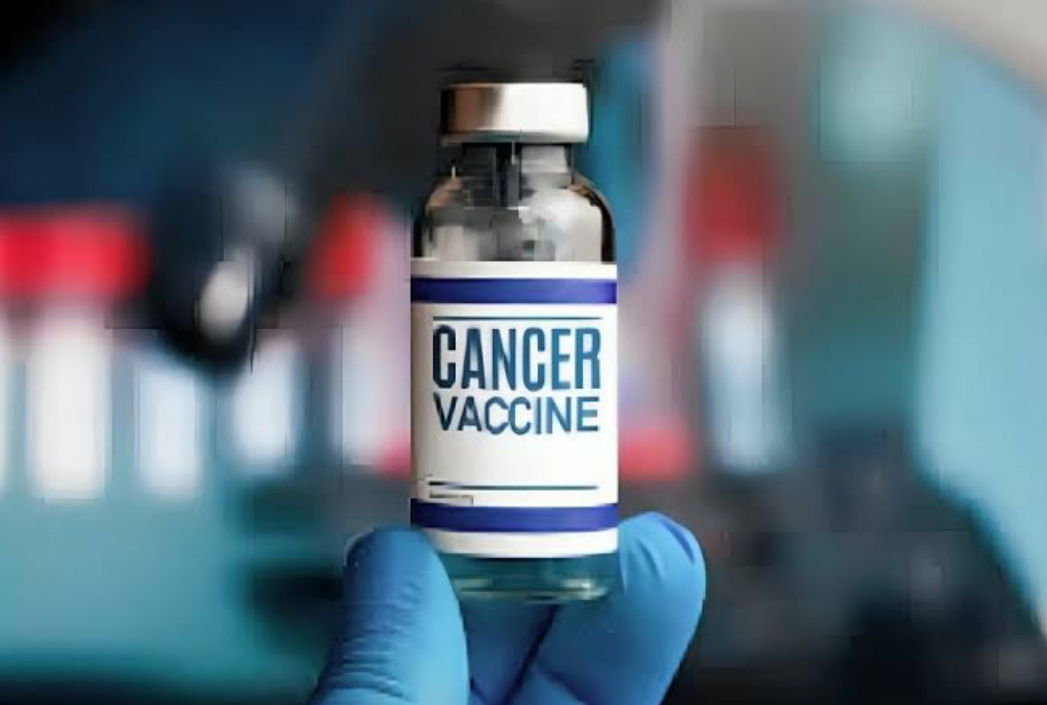
What are cancer vaccines? How are they made?
Cancer vaccines, on the other hand, use immunotherapy to treat people who already have cancer, whereas standard vaccines prevent infections. These vaccines assist the patient's immune system in identifying and eliminating cancer cells, a crucial step in preventing the cancer from recurring. By stimulating the immune system to produce antibodies specific to cancer cells, these vaccines offer a customised approach to cancer treatment.

A very specific process goes into making cancer vaccines. Doctors usually take a piece of the patient's cancer out during surgery and sequence its DNA. We use artificial intelligence and other advanced methods to identify specific mutations in the tumour. Using the gathered information, we tailored a customised vaccine to each patient's unique cancer profile. This process usually only takes a few weeks and ends with a cancer-fighting shot that is tailored to the patient's growth.
How do vaccines function, and what cancer types are treatable?
Vaccines against cancer work by telling the patient's cells how to make an antigen, which is a protein that can tell the difference between cancer cells and healthy cells. This antigen causes the immune system to produce antibodies that can detect cancer cells and attack them. Once the body has made these antibodies, it can still detect and fight the disease if it comes back.
Research is ongoing to determine the efficacy of cancer vaccines across various types of cancer. Current studies are investigating their potential in treating colorectal, lung, bladder, pancreatic, and kidney cancers. A particularly promising development is the world's first personalized mRNA cancer vaccine for melanoma, which has shown a significant reduction in the risk of cancer recurrence in Phase 2 trials.
How to enter and participate in cancer vaccine studies
Cancer vaccines are mostly only available through clinical studies right now because research is still in its early stages. The NHS has started a new programme called the Cancer Vaccine Launch Pad to make it easier for patients to get into these studies. This project's goal is to find the right clinical studies for thousands of cancer patients in England. The NHS plan is the first of its kind in the world, and it aims to get thousands of cancer patients to take part in these vaccine tests.
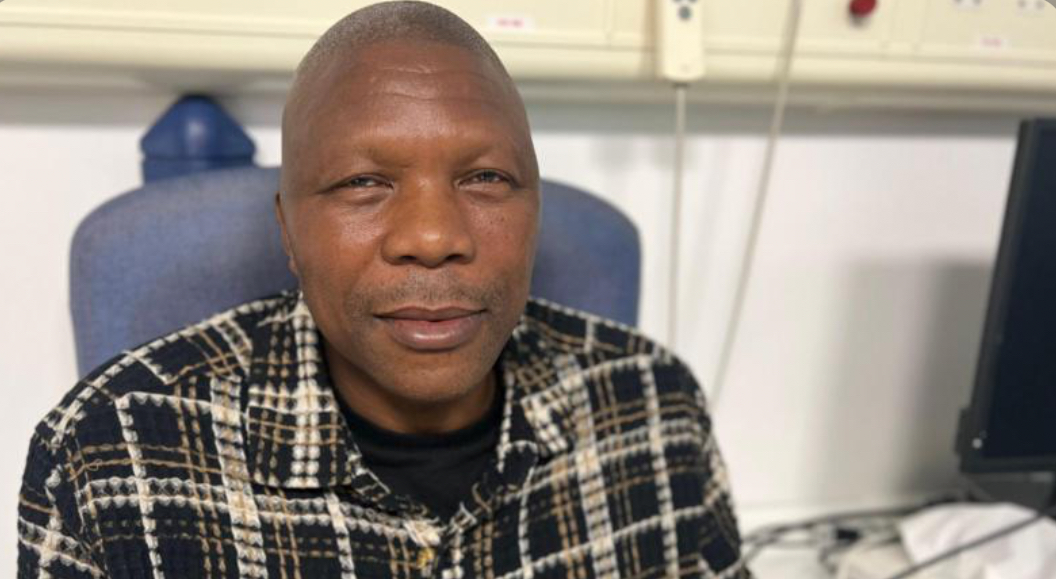
Professor Elliot Pfebve, who is 55 years old and has colon cancer, has already gotten his personalised vaccine. First, Pfebve underwent surgery to remove a tumor. Then he went through treatment. Finally, researchers used mRNA technology to create a vaccine specific to the mutations in his cancer. He was cared for by the University Hospitals Birmingham NHS Foundation Trust.
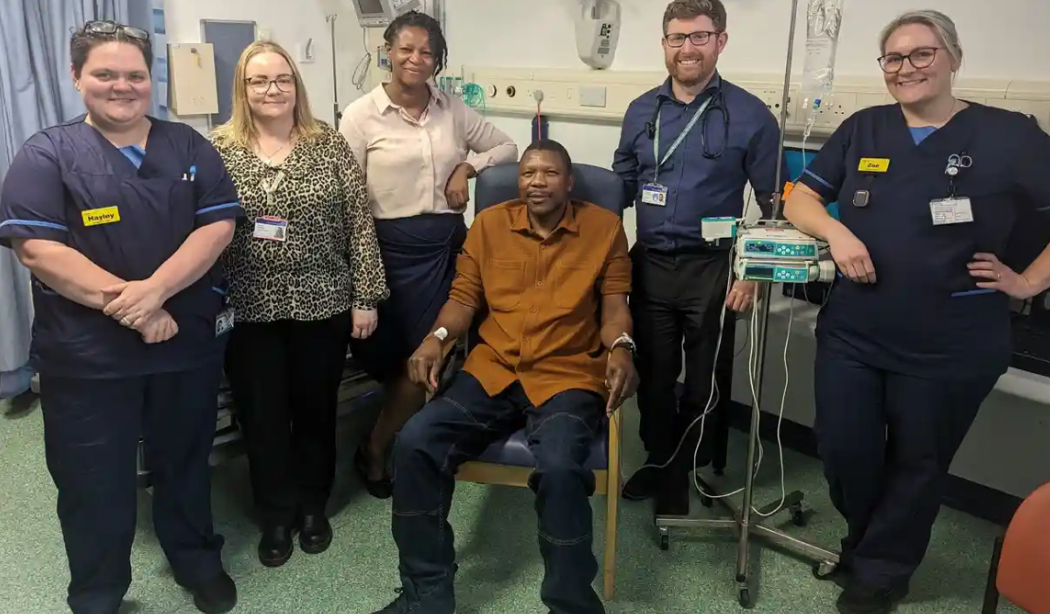
It is still too early to say for sure that there is a cure, but there is cautious hope. The lead researcher for the Birmingham trial, Dr. Victoria Kunene, voiced hope based on early data. After getting the vaccine, Elliot Pfebve only had mild side effects, like a fever. This is in comparison to the severe side effects that are common with traditional chemotherapy.
For its Cancer Vaccine Launch Pad, the NHS is hiring more people faster. Patients with cancer who want to take part can talk to their doctor about whether they are eligible. A lot of people have already signed up for the programme, and the goal is to get thousands more every year.
Signs and Early Diagnosis
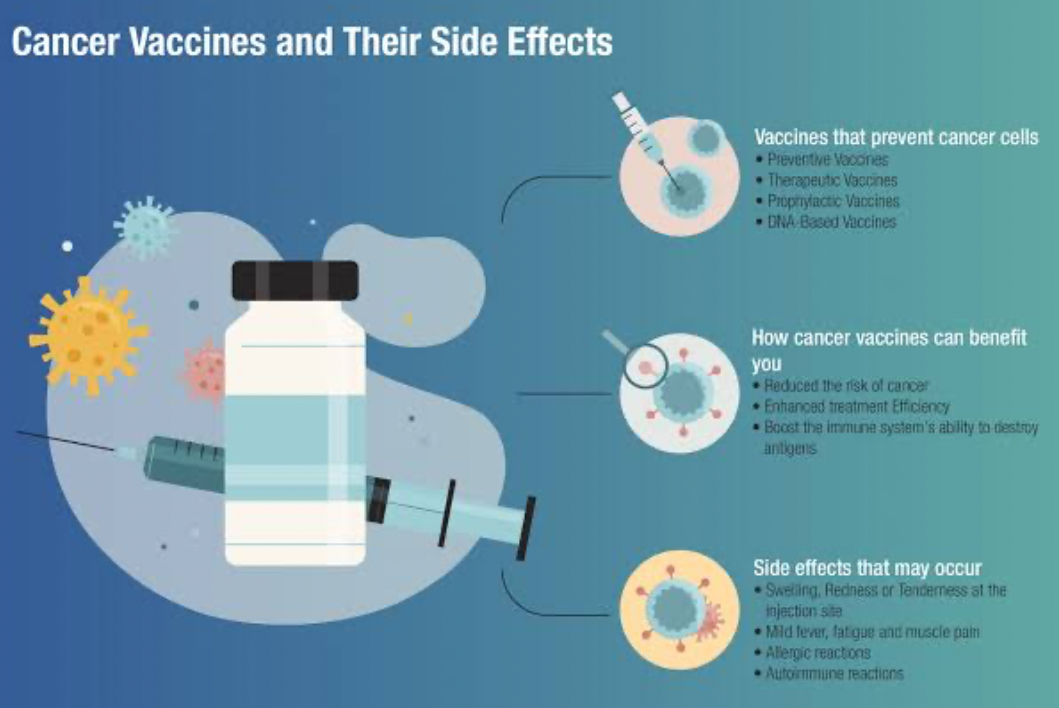
Understanding the symptoms of cancer, such as bowel cancer, is critical for prompt detection and treatment. Changes in bowel habits, blood in the stool, stomach pain, weight loss that you can't explain, and feeling tired all the time are all signs. Getting a diagnosis early can make healthcare much more effective.
Why cancer vaccines are important
Vaccines have changed medicine in the past by getting rid of illnesses like smallpox and making them much less common, like polio and measles. There is a huge chance that cancer vaccines will follow in this tradition. They are a big step forward in immunotherapy, but they won't soon be able to replace treatments like surgery, chemotherapy, or radiotherapy.
The issues we're currently dealing with, as well as what the future holds
Making personalised medicines for each patient takes a lot of time and work. However, as technology improves, this process may become easier to do. Cancer vaccines have been in the works for decades, but new developments show that patients can now finally get real benefits.
The Role of mRNA Technology and Its Wider Effects
The success of mRNA technology in creating effective COVID-19 medicines suggests its potential for cancer treatment. Cancer mRNA vaccines work by telling cells to make proteins that are specific to the patient's cancer. This trains the immune system to target and kill these cells.
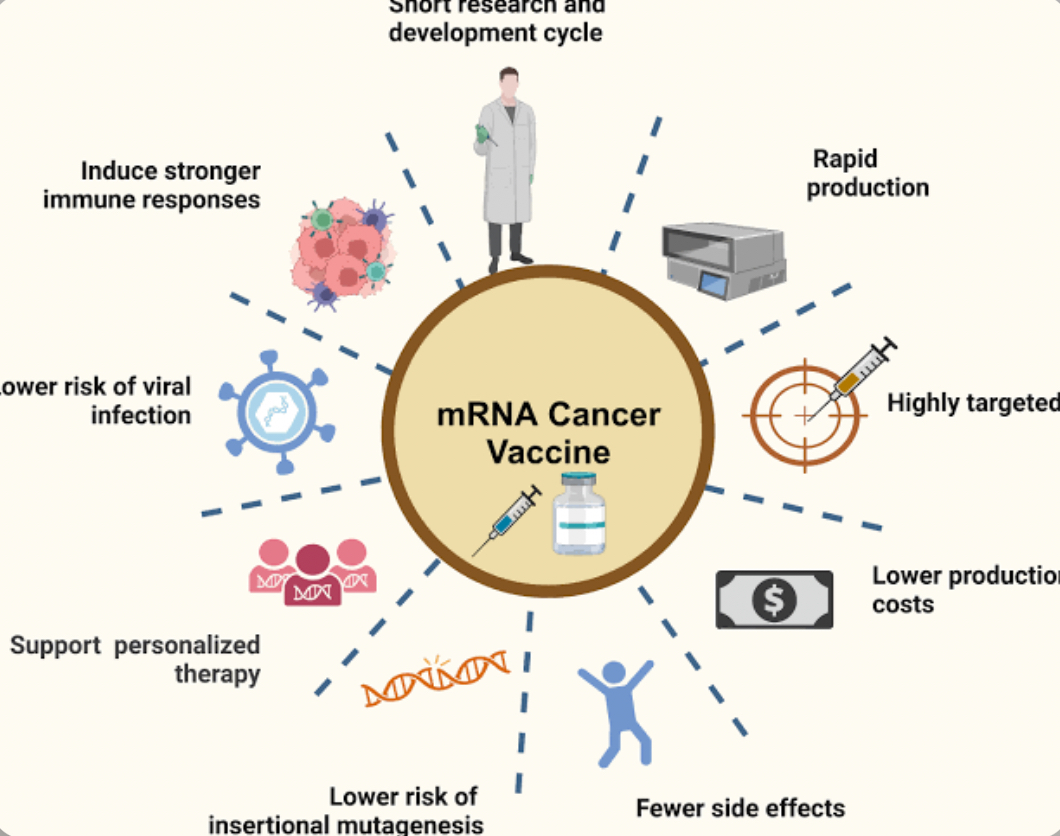
The development of mRNA-based cancer medicines could pave the way for a new era in cancer treatment. One patient in London got a personalised mRNA vaccine for cancer last month. This vaccine was created by Moderna and MSD. Researchers are conducting similar studies on other types of cancer, including lung, head and neck, and bladder cancer. This technology, due to its flexibility and ability to trigger targeted immune reactions, has the potential to revolutionise cancer treatment.
Progress and Hope in Cancer Research
Recent conferences have discussed promising early trials of cancer vaccines. This is a good sign for this type of treatment. The news that Moderna and MSD are starting Phase 3 clinical trials for their melanoma vaccine is very important because it will include a larger group of patients to prove that it works.
Money and research are required

Long-term funding is very important for moving cancer vaccine studies forward. Cancer research groups like Cancer Research UK and the CRIS Cancer Foundation are actively looking for ways to get more money so they can keep making progress. It is important for political groups, businesses, and universities to work together in order to make breakthroughs and make new treatments available to all people.
In the end
Cancer vaccine studies started by the NHS are a sign of hope for thousands of patients. These vaccines are a promising new way to fight cancer because they use cutting-edge mRNA technology and a personalised method. Even though there are still problems, the confidence in these changes is well-founded. As the study progresses and more people are able to participate in these trials, the dream of a real cure for cancer gets closer.
Image Source: Multiple Agencies
Inputs from Agencies
© Copyright 2024. All Rights Reserved Powered by Vygr Media.


















